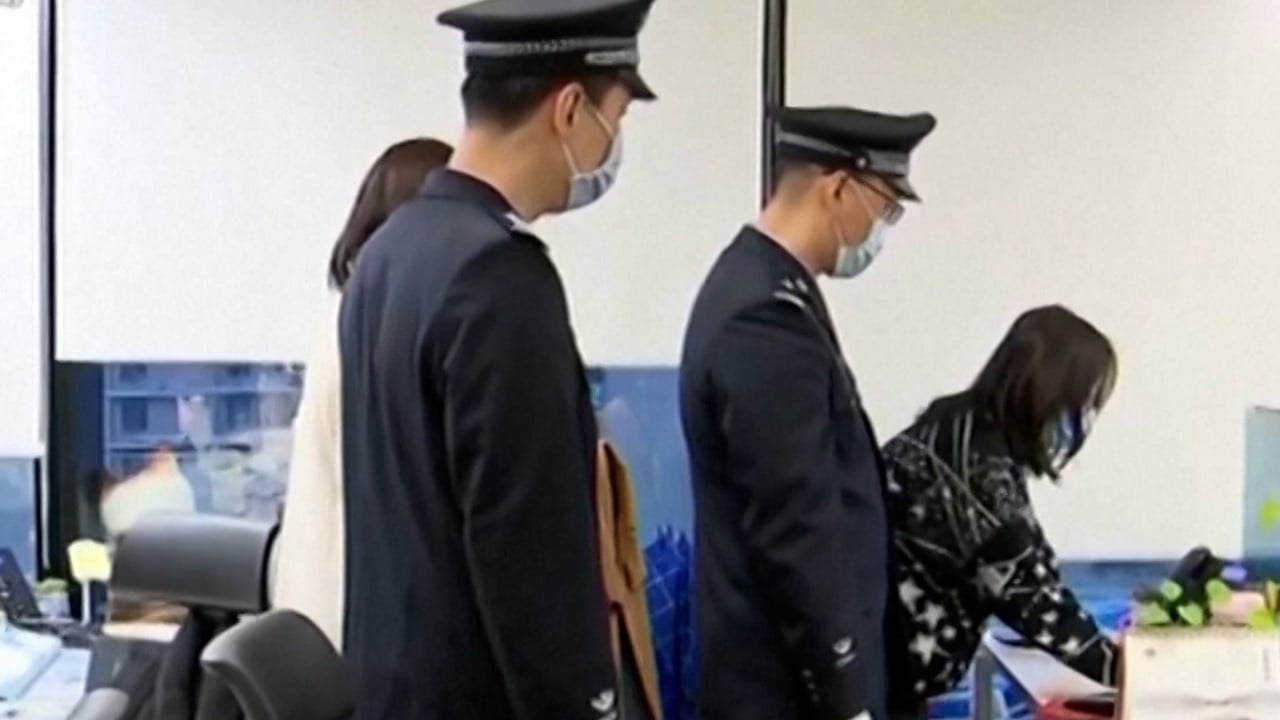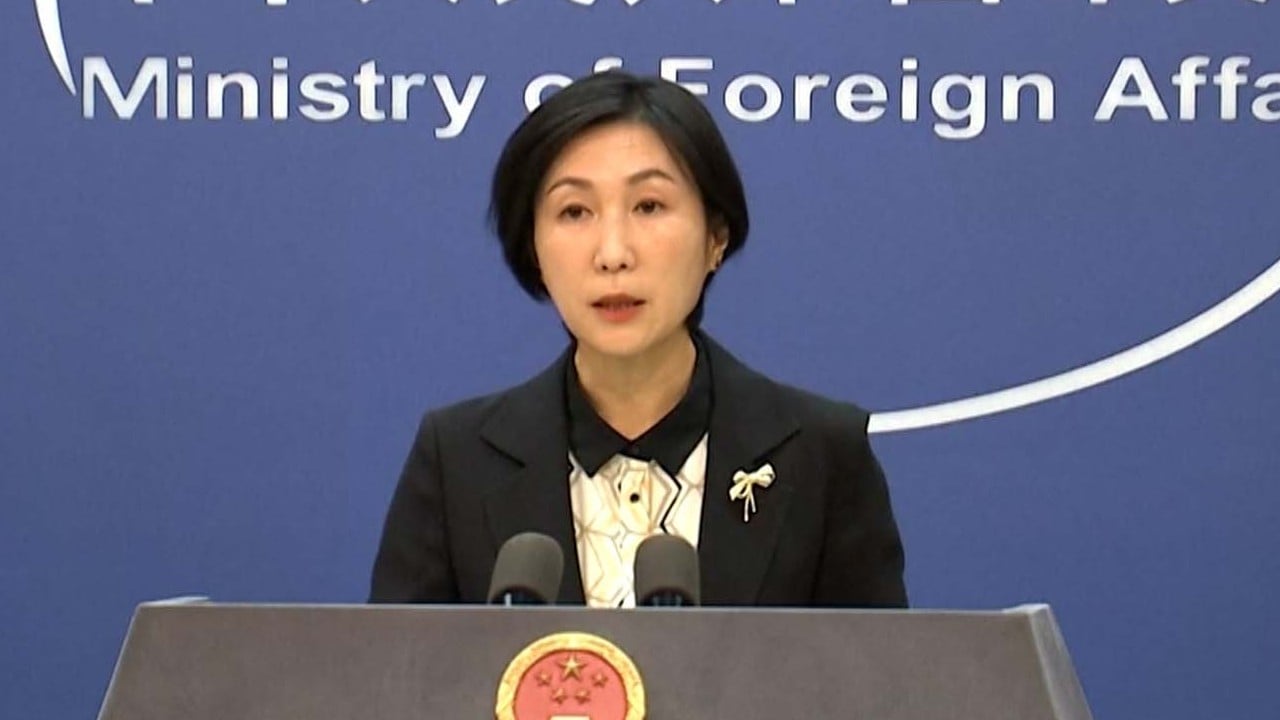
China gives life sentence to John Shing-wan Leung, Hong Kong resident with US passport, for spying
- Leung, 78, was convicted and sentenced in Suzhou court on Monday for committing espionage activities in China
- Lack of transparency around national security cases does not bode well for Beijing’s stated desire to encourage foreign investment, lawyer says
A US-based Hong Kong permanent resident – who is believed to have promoted business and cultural exchanges – was sentenced to life in prison on Monday after being convicted on spying charges in China.
It comes as China is stepping up efforts targeting spies, especially those from the United States and its allies.
But a lack of transparency around national security cases in China and “mutual recriminations over perceived espionage activities” with the US contradict Beijing’s talk of encouraging foreign investment in the country, a legal expert warned.
John Shing-wan Leung, 78, was arrested in April 2021 by the National Security Bureau in Suzhou, in the country’s east, according to the city’s Intermediate People’s Court.
On Monday, two years after his arrest, Leung was convicted of committing espionage activities in China and was given a life sentence and issued a fine of 500,000 yuan (US$72,000) by the Suzhou court.
A spokesman for the US embassy in Beijing said it was aware of the reports and that “the Department of State has no greater priority than the safety and security of US citizens overseas”.
When asked for further details, he said the department had no further comment due to “privacy considerations”.
There have been no statements regarding the case issued from the US embassy in Beijing or the US consulate in Hong Kong and Macau.
On Monday, Hong Kong Secretary for Security Chris Tang Ping-keung said the government had been notified by mainland authorities of Leung’s arrest in 2021 via their reciprocal notification mechanism.
“The police have also taken follow-up action through this mechanism,” he said, without elaborating on that or why the public had not been told of the case until now.
Will latest talks help open a new chapter in US-China relations?
The statement from the Suzhou court revealed Leung’s Hong Kong ID and US passport number, but did not give further details about his background.
According to a 2004 article in state-run People’s Daily, a person of the same name and born in Hong Kong on the same date was a US-based businessman with close ties to officials with local governments in both countries.
The article said Leung, who founded a friendship association between Oklahoma City in the US and the southern Chinese city of Guangzhou in 1985, “actively promoted and started China-US trade and cultural exchanges and has repeatedly invited and arranged visits for US local government officials and overseas businessmen to China for investment”.
Leung is seen posing for photos and attending events with senior officials present, according to photos circulating online.
Leung was also the director of the Texas Council for the Promotion of China’s Peaceful Reunification, which was active from 2008 to 2011.
A person who met Leung at multiple cultural-exchange events told the South China Morning Post that the person convicted was likely the person in the article.
He said Leung had been absent from Chinese festival functions since 2021 and that the local community in Houston had not seen him for “quite a while”.
The verdict does not “bode well for Beijing’s stated desire to encourage foreign investment” given that there is no indication what the charges are or what evidence was presented in the closed-door trial, and if no further details are given, according to James Zimmerman, a partner in the Beijing office of American law firm Perkins Coie LLP.
Under the law, being convicted of espionage activities deemed a threat to national security could lead to a jail term ranging from 10 years to life.
The law against spying activities took effect in 2014 and is regarded as Beijing’s most potent tool to crack down on external interference.
In the past decade, China has intensified its spy war with the US and its allies as tensions over science and national security intelligence build.
“With bilateral relations at an all-time low and so-called espionage activities perceived to be at an all-time high, we are bound to see an uptick in highly politicised cases,” Zimmerman said.
“We got to this point as a result of both sides pumping up excessive concerns of national security threats, which unfortunately creates an endless cycle of mutual recriminations over perceived espionage activities.”
Bill passes allowing Hong Kong to ban overseas lawyers from national security cases
But Wang Jiangyu, a law professor at City University of Hong Kong, said that “at a time for Hong Kong to recuperate, it is unlikely that Beijing will use such matters to provoke Hong Kong”.
Wang added that it was “normal” for cases related to national security to be kept secret.
Additional reporting by Sylvie Zhuang, William Zheng and Harvey Kong



